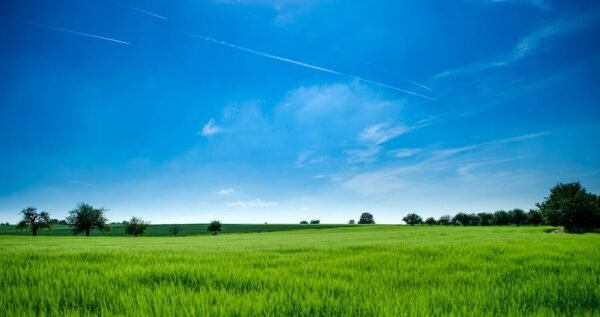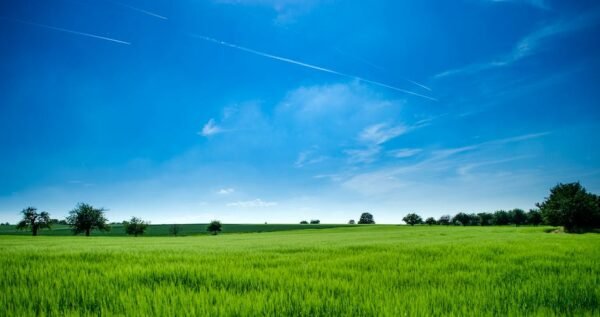Contents [hide]
Mali is a landlocked country in West Africa. It is bordered by Algeria to the north, Niger to the east, Burkina Faso and Ivory Coast to the south, Guinea to the south-west, and Senegal and Mauritania to the west. Mali is the eighth-largest country in Africa, with an area of 1,240,000 square kilometres (480,000 sq mi). The population of Mali is 18 million. Its capital is Bamako.
Mali is a landlocked country in West Africa. It is bordered by Algeria to the north, Niger to the east, Burkina Faso to the southeast, Côte d’Ivoire to the south, Guinea to the southwest, and Senegal to the northwest. Its size is 1,240,192 square kilometres with a population of 18 million. Its capital is Bamako. Mali is the third-largest gold producer in Africa.
Is Mali a rich or poor country?
Mali is not a wealthy country. It is one of the 25 poorest countries in the world. It depends on gold mining and agricultural exports for revenue. The country’s fiscal status fluctuates with gold and agricultural commodity prices and the harvest. Cotton and gold exports make up around 80% of export earnings.
Mali is a landlocked country in western Africa. The majority of the country is flat and arid, with the Niger River flowing through its interior. The Niger River is the main trading and transport artery in the country. Mali is home to a number of different ethnic groups, including the Bambara, Fulani, Dogon, and Tuareg. French is the official language, but a number of local languages are also spoken.
What is Mali famous for
Mali is a great place to visit for its stunning landscapes and fascinating culture. Be sure to check out the Bandiagara escarpment and the city of Timbuktu when you’re there!
Mali is a country located in West Africa, and is not typically considered part of the Middle East. The rebels who have seized the country’s northern half are not best described as “al-Qaeda type individuals.”
Is it safe to go to Mali?
The U.S. Department of State travel advisory warns against all travel to Mali due to crime, terrorism, and kidnapping. Violent crime, such as kidnapping and armed robbery, is common in Mali. Violent crime is a particular concern during local holidays and seasonal events in Bamako, its suburbs, and Mali’s southern regions.
The Tuaregs and Arabs in Mali are a small but cohesive population who have a long history of trading in slaves. Though they only make up around 10% of the total population, they have always considered themselves to be the “white” people of Mali, while everyone else is “black”. This has led to tension and conflict between the two groups, as the Tuaregs and Arabs have often taken advantage of their position to enslave and sell “blacks” when they are able.
What language does Mali speak?
French is the official language of Mali, but Bambara is the most widely spoken language in the country. French is not included as a first language in the census, but is the primary language of instruction in schools.
Mali is a landlocked country located in West Africa. Nearly half of the population lives in extreme poverty, and most people work in agriculture. Economic activity is concentrated near the Niger River, and 65 percent of the land area is desert or semidesert. The country faces many challenges, including poverty, food insecurity, and infrastructure deficits.
What religion does Mali follow
The US government estimates the total population at 201 million (midyear 2021). According to the MARCC, Muslims constitute an estimated 95 percent of the population. Nearly all Muslims are Sunni, and most follow Sufism; however, one prominent Shia imam stated that as many as 10 percent of Muslims are Shia.
The United States has a number of interests in Mali, including promoting a stable democracy and improved governance, combating terrorists and traffickers who seek to exploit ungoverned spaces in the Sahel, and reducing chronic vulnerability by improving social development and increasing sustainable livelihoods.
Is English spoken in Mali?
Mali is a country located in Africa. It is bordered by the countries of Mauritania, Senegal, Guinea, Côte d’Ivoire, Burkina Faso, and Niger. The official language of Mali is French, however the most widely spoken language is Bambara. Mali is home to many different ethnic groups and as a result, there are a number of different languages spoken throughout the country. In addition to French and Bambara, other languages spoken in Mali include Bomu, Bozo, Mamara, Maninkakan, Soninke, Songhay, Syenara, Tamasheq, and Xaasongaxango.
Tiga dégué, which is rice with peanut sauce, has become the national dish of Mali. The Sarakolé in the Kayes region of Mali are fond of bassi, a couscous made of millet, baobab leaf powder, tomato sauce, milk and peanuts. Meat or fish is added is added to this dish.
What ethnicity is Mali
The Bambara, Fulani, Sarakole/Soninke/Marka and Senufo peoples make up the majority of Mali’s population. The Dogon, Sonrai and Bobo minority groups are also found in Mali. The Tuareg/Bella are the largest ethnic group in Mali.
The Economist Intelligence Unit rates Mali as an “authoritarian regime” in 2022. This is due to the coup d’état that occurred on August 18th, 2020, which ousted the president and prime minister. The current situation in Mali is unstable and the future is uncertain. It is advisable to monitor the situation and plan accordingly.
What is a person from Mali called?
The Malian people are an ethnic group native to the Mali Empire and the modern day nation state of Mali. They are predominately of the Manding and Mande ethnic groups, which make up around 50% of the Malian population. The other 50% of the population is made up of Fulani, Songhai, Voltaic, Tuareg and Maur ethnic groups. The Malian people have a rich history and culture, which has been influenced by the many different empires and kingdoms that have occupied Mali over the centuries.
In many African countries, the legal drinking age is 18. However, there are some notable exceptions where the sale of alcohol to minors is not restricted. In Angola (except for the Luanda Province), the Central African Republic, Comoros, Equatorial Guinea, Guinea-Bissau, Mali, and Togo, there are no laws in place that would restrict the sale of alcohol to minors. This means that, in these countries, anyone of any age can purchase alcohol.
Final Words
Mali is a country located in Western Africa.
Mali is a landlocked country in West Africa, bordered by Algeria to the north, Niger to the east, Burkina Faso and Ivory Coast to the south, Guinea to the south-west, and Senegal and Mauritania to the west. Its size is 1,240,192 square kilometres with a population of 18,453,201 people. The capital city is Bamako.


0 Comments